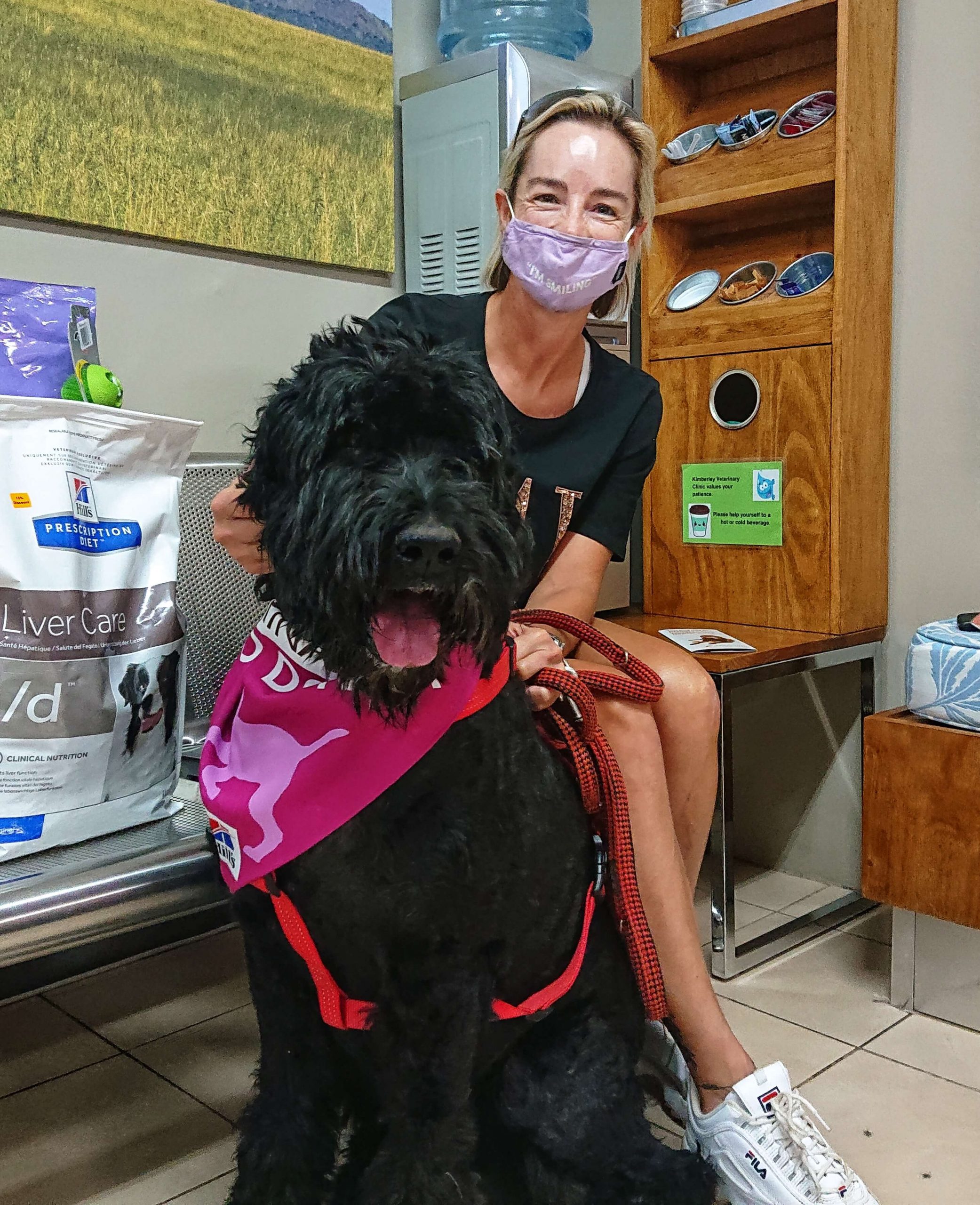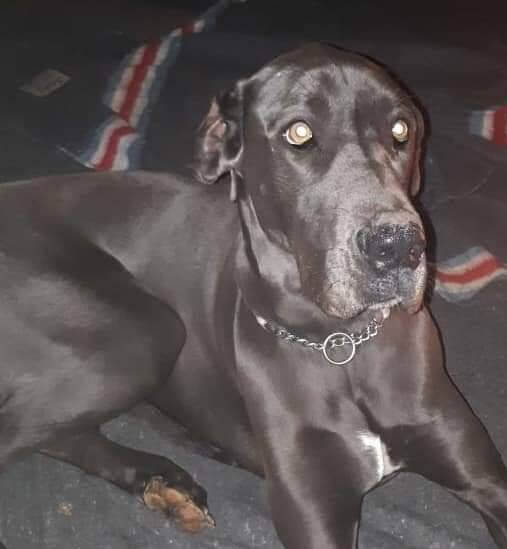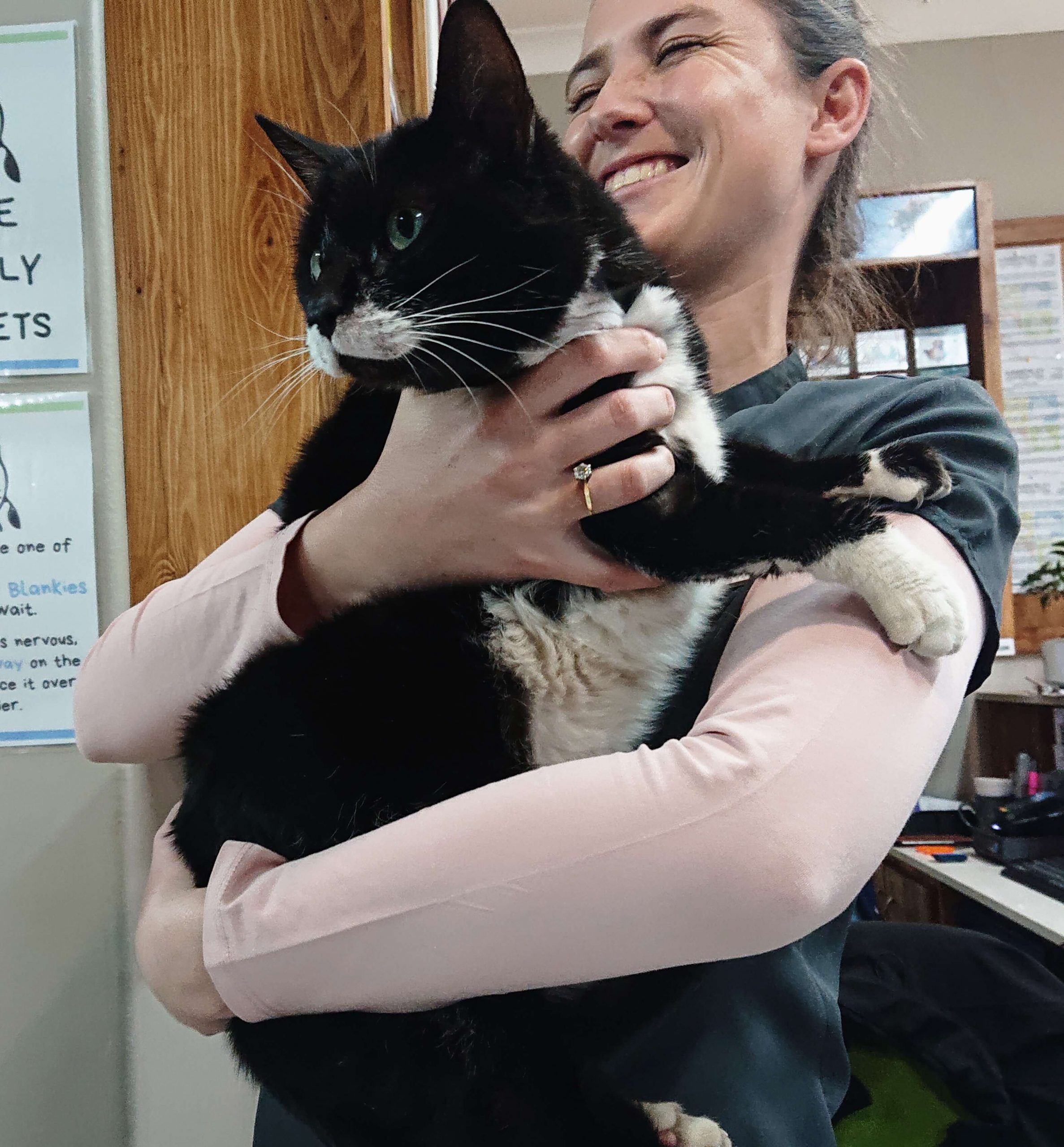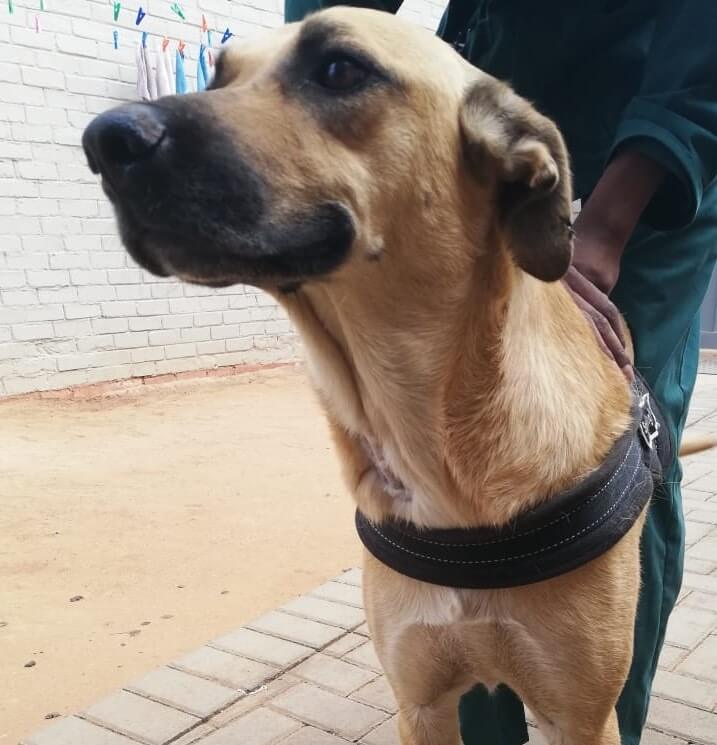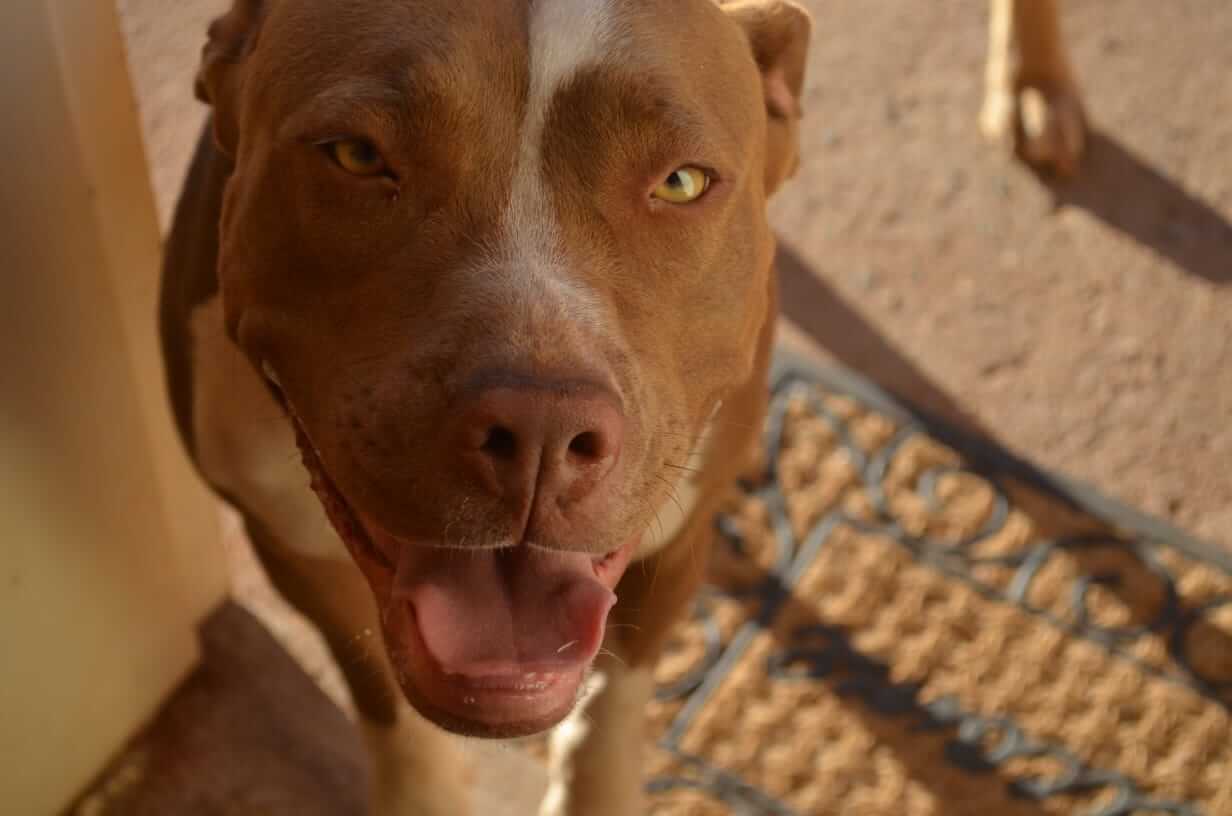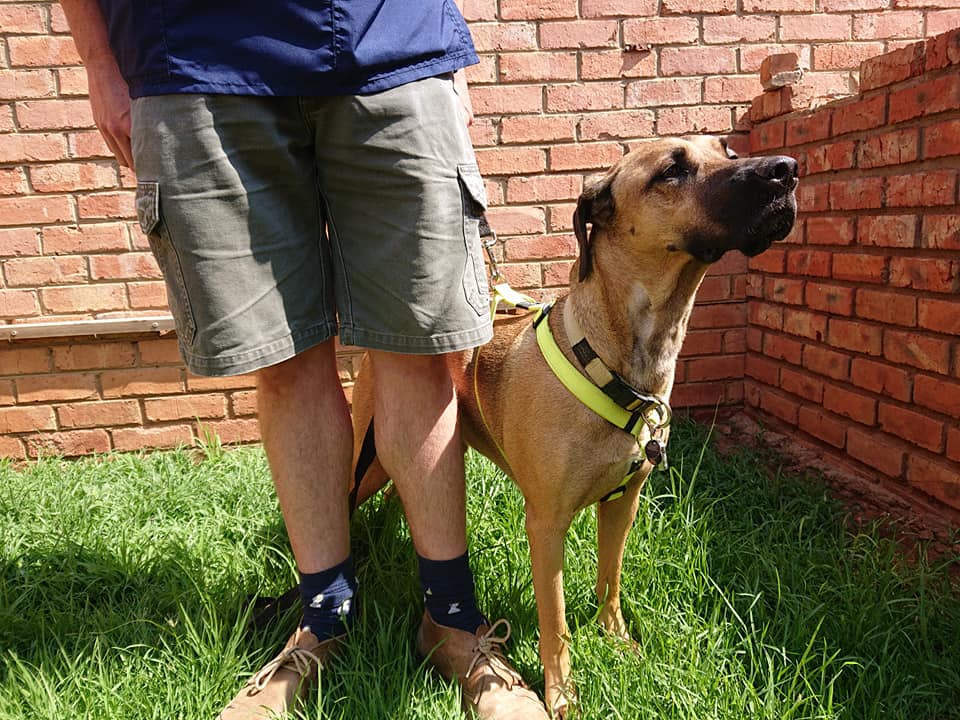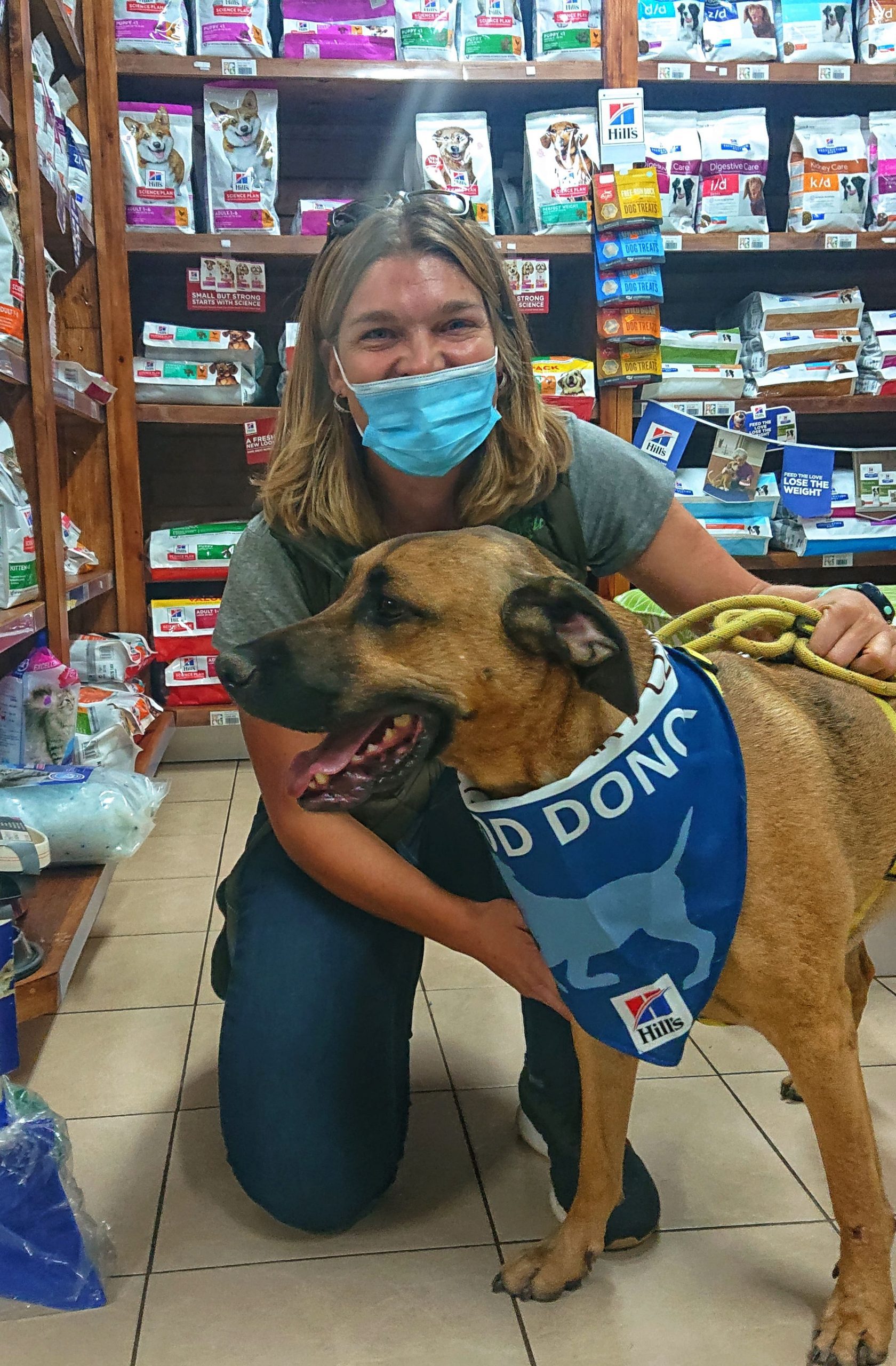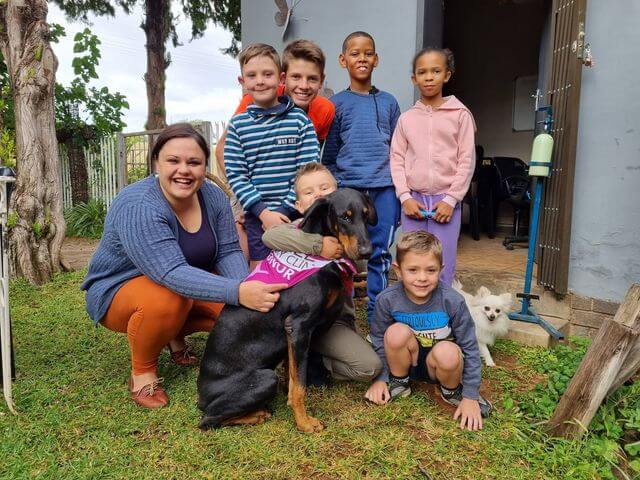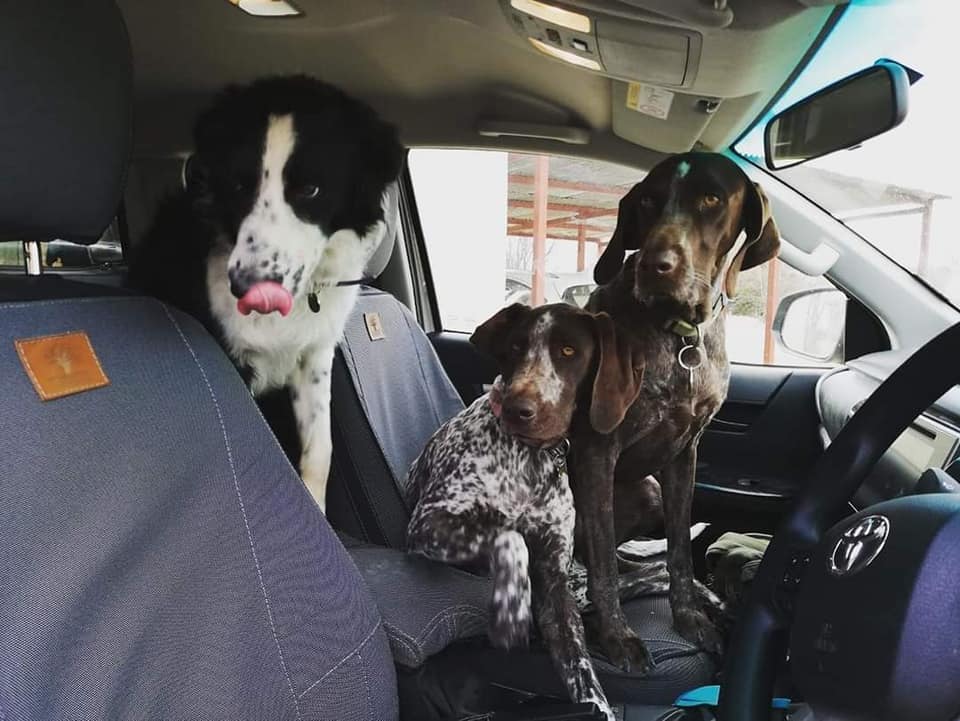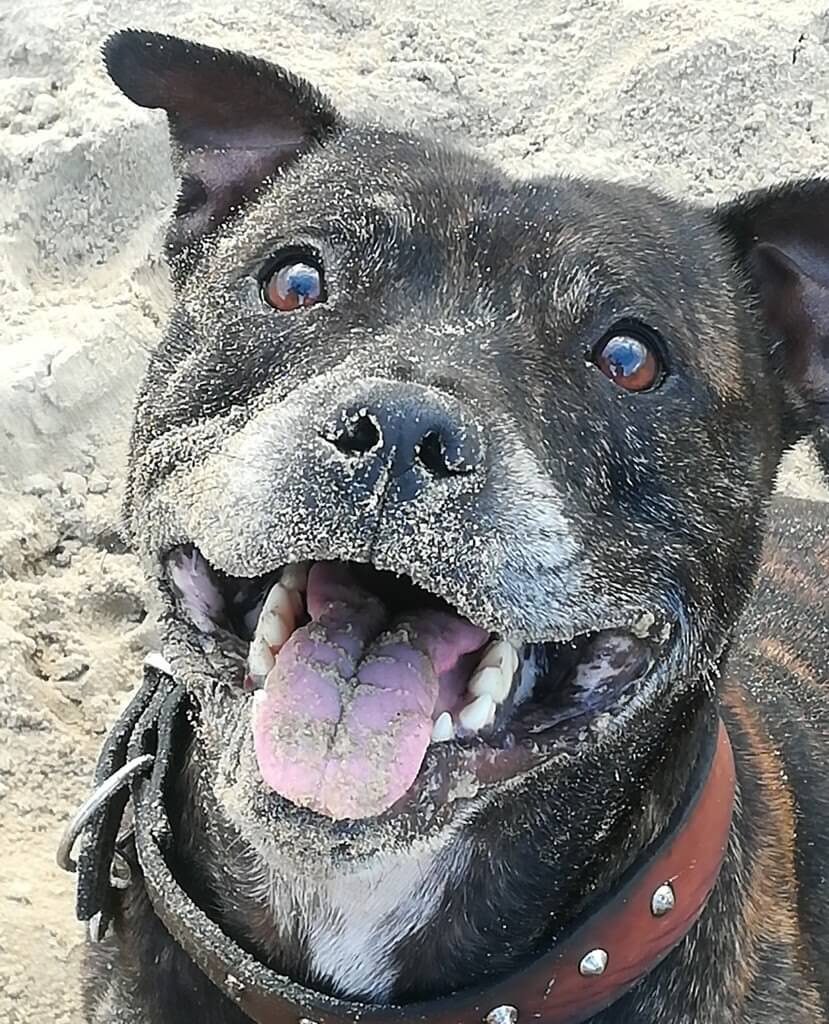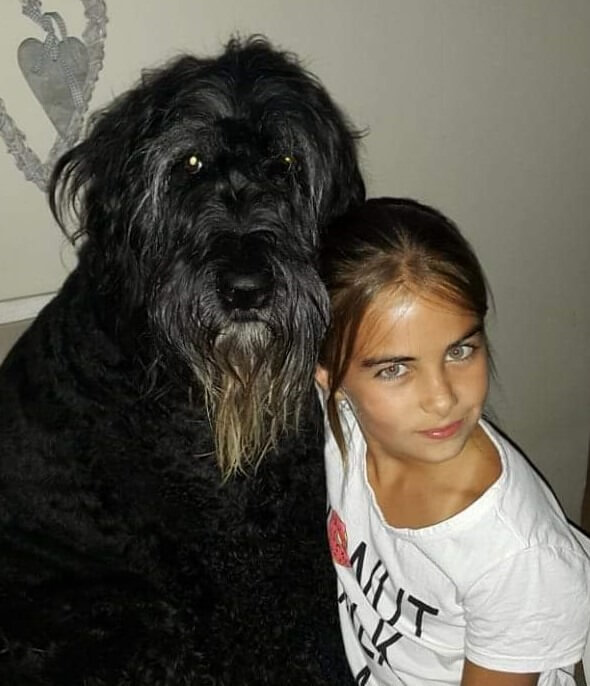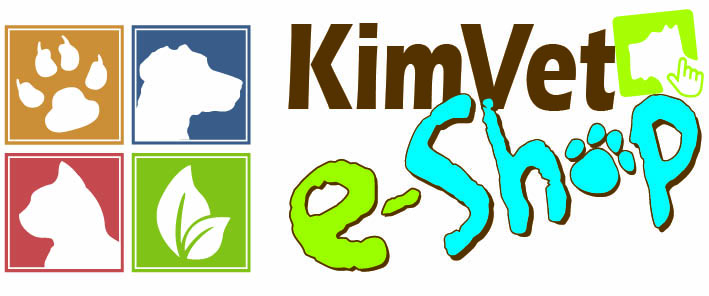
by Glixie Media | Sep 23, 2024 | Cats, Dogs, Kimberley Veterinary Clinic Blood Bank, Patient of the Week
KIMVET'S BLOOD DONOR HEROES - WALL OF FAME
Make an online appointment today!
Fill in this form to request an appointment. Reception will contact you to confirm the time and date.
Or call — 053 832 5711
Like this:
Like Loading...

by Rina Van Eeden | May 11, 2020 | Cats, Dogs
Accidental pet poisonings are more common than you may think. They usually involve items you may not be aware of such as common kitchen foods, household or backyard plants or items found in the medicine cabinet.
There are many things that can poison an animal. Pesticides and insecticides are common in cases of intentional and accidental poisonings. Rodent poisons are also common.
The most common malicious poisoning one tends to see in veterinary practice is with use of Temik, also known as “Two Step”, signs of poisoning are usually seen within 5-20 minutes.
Animals are naturally curious – that’s one of the reasons we love them! But sometimes, curiosity and exploration can have disastrous results.
Take, for example, the foods that fill our own cupboards and fridges. While most of it isn’t bad for your pet, some things are toxic. When you know, without a doubt, the various things your pet should never, ever eat, you drastically reduce potential pet poisonings.
Many pet owners are unaware that something in the house could endanger their pet – until frightening symptoms appear. Sure, we all do our best to ensure the house is free of choking hazards, entanglement issues and, of course, toxins, but many things slip through the cracks.
Common culprits for pet poisonings include from personal medications to household cleaners, a typical home is full of potential pet toxins.
Other common culprits of pet poisonings involve foods intended for human consumption only, such as chocolate. Chocolate is responsible for countless pet poisonings. Theobromine and caffeine are concentrated in dark and baking chocolate.
Symptoms
Xylitol is a substitute for table sugar that is found in many baked goods, candies and even toothpaste, Xylitol is highly toxic to pets.
Pet poisonings can cause symptoms that appear rapidly and severely. Sometimes, however, they cause mild or subtle behavioural changes and physical ailments.
If you suspect your dog has been poisoned your pet will require emergency veterinary treatment.
Symptoms include:
- vomiting
- diarrhoea
- dehydration
- hyperactivity
- high temperature and blood pressure
- abnormal heart rhythm and tremors
- seizures
- complete collapse
Basic First Aid Responses
Poisonings are often fatal to our pets. When you suspect your pet has been poisoned, the best thing to do is stay calm.
Make sure that you are prepared for the possibility of a poisoning.
Keep your veterinarian’s telephone number in a convenient location.
You should also keep the address and number of a nearby emergency clinic close, just in case.
Take immediate action.
In a case where you are sure your pet has recently been poisoned, you can make them vomit. You simply take a handful of washing powder, make a clump with some water and force it down the throat. Preferably contact your veterinarian beforehand.
If your pet ingests poison, make sure to observe the animal closely.
Providing a detailed history of symptoms to your veterinarian is critical.
To treat a poisoning successfully, it’s helpful to have a history of your pet’s symptoms, including when the symptoms were first noticed, where the animal has been in the past few hours and whether anything has been seen in the yard (pieces of uneaten meat, any vomit with discoloration) or passed through the faeces. If you know what your pet has been poisoned with, bring the container with you to the veterinarian to help identify the active ingredient.
As a concerned pet owner, it’s up to you to provide your vet with information that could potentially save your pet’s life.
Activated charcoal is always a handy medication to have at home. You can buy it freely at any pharmacy or from your veterinarian.
Remember – always consult your vet BEFORE giving ANY medication.
Always be aware of your surroundings. If you notice anything strange in your yard that you have not seen before, do away with it immediately!
Resources:
Like this:
Like Loading...

